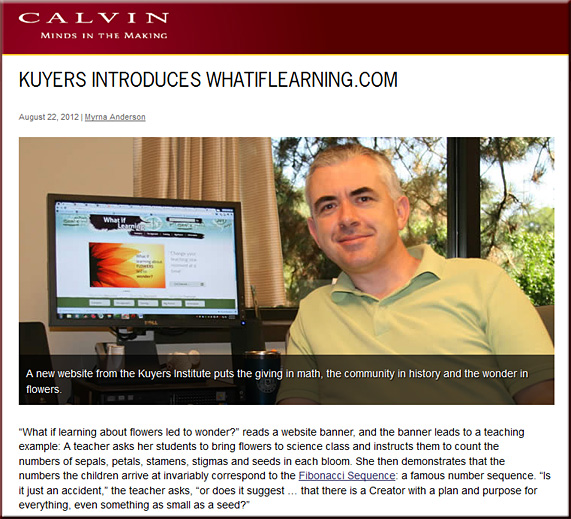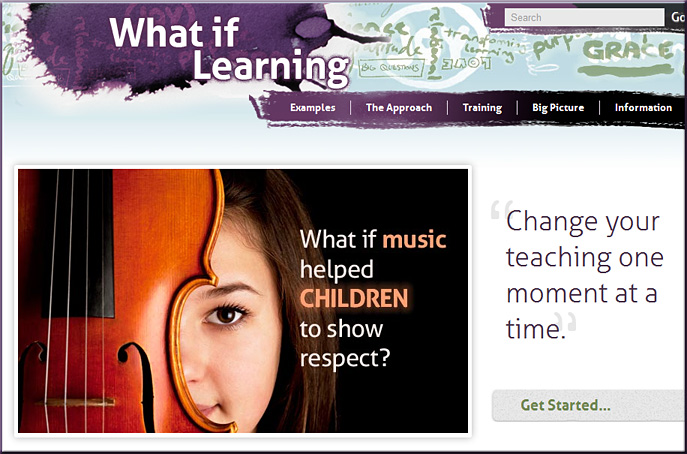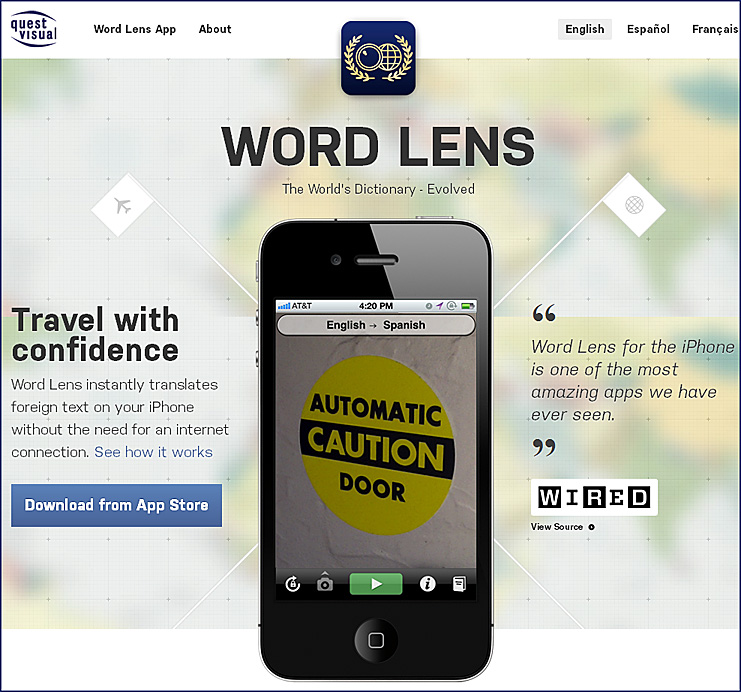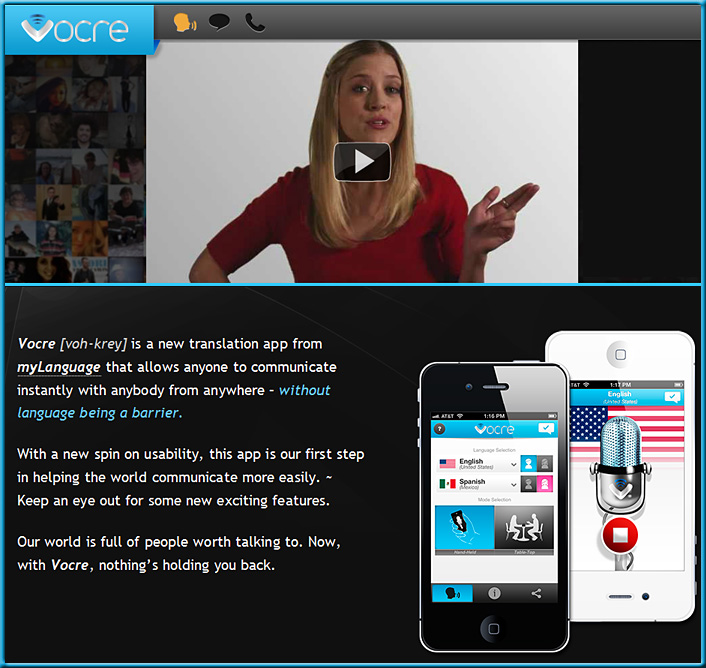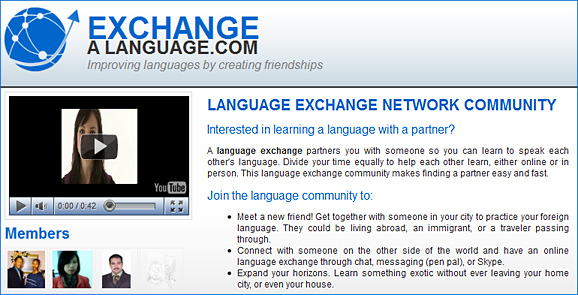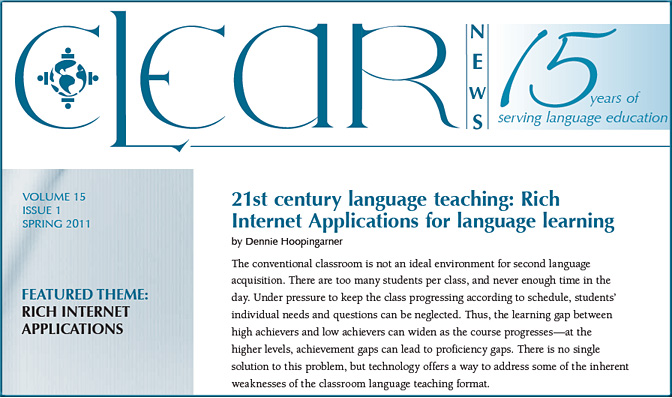Excerpt:
The site presents teaching examples—for both elementary and secondary classrooms—from a range of subjects: art, cooking, dance, technology, drama, English, environment, geography, history, technology, math, foreign/second language, music, physical education, health, Bible class and science. (There are also categories titled “teacher,” “tests” and “topics.”)
Each example leads off with a question: “What if a grammar lesson challenged selfishness?” “What if success in math depended upon forgiveness?” “What if history could inspire students to love their city?” The site also provides tabs labeled “The Approach,” “Training,” “Big Picture,” and “Information,” where teachers can learn how to apply what they’ve learned in their classrooms.
“The website helps teachers ask key questions and make strategic decisions, not only about what to teach but about how to teach,” said Matt Walhout, Calvin’s dean for research and scholarship. “It relates specific topics like language, history, and math to the overarching Christian principles of faith, hope, and love.”
Also see:









